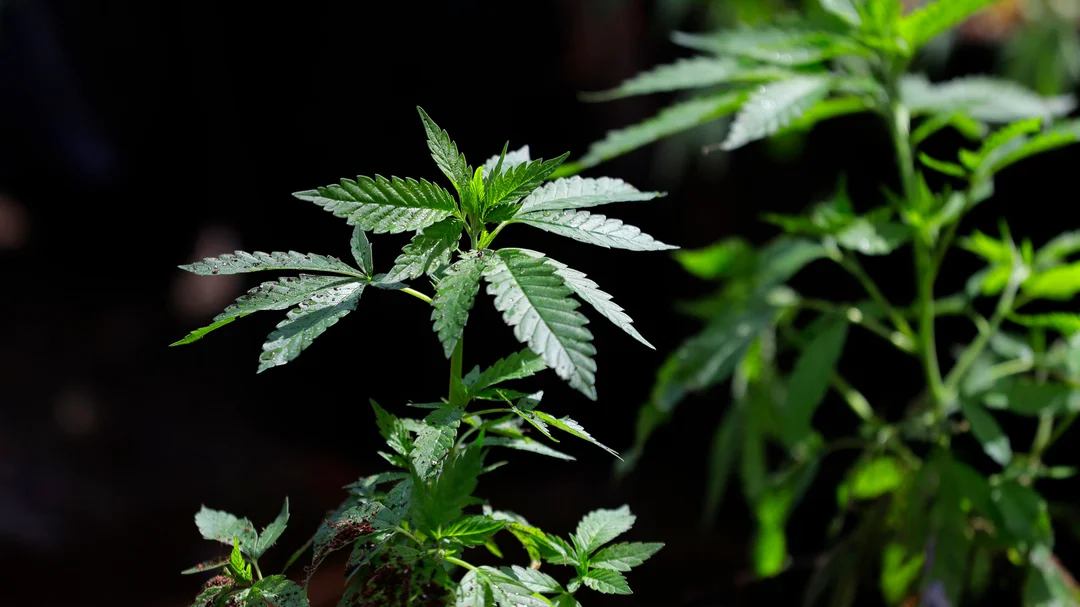
Could Florida’s Ballot Rules Change the Future of Democracy?
In a heated clash over voter rights and policy change, advocates for recreational marijuana and healthcare expansion are challenging a new Florida law that could reshape how citizens influence state governance. This legal battle raises critical questions about access to the ballot and the balance of power in American politics.
The controversy centers on House Bill 1205, signed into law by Governor Ron DeSantis on May 2. This legislation introduces stringent restrictions on the citizen-initiative process, making it tougher for groups to gather signatures for ballot measures. Critics argue these changes, including felony charges for minor violations and shortened deadlines, unfairly target progressive causes like marijuana legalization and Medicaid expansion, potentially stifling public voice in favor of legislative control.

Smart & Safe Florida, the group behind a failed 2024 recreational marijuana proposal, has joined a federal lawsuit originally filed by Florida Decides Healthcare. With over 219,000 valid signatures already collected for a 2026 ballot push, they claim the law 'changes the rules at halftime,' as stated in court documents. Lawyers for Smart & Safe described the restrictions as 'draconian' and unconstitutional, echoing late Justice Antonin Scalia's warnings about overt threats to rights. Specific grievances include caps on petitions unregistered gatherers can hold—limited to 25 for others—and reduced submission windows from 30 to 10 days, which could lead to hefty fines and invalidate signatures.
This isn't the first time Florida's Republican-led Legislature has tightened ballot access, following defeats of similar initiatives in November 2024. Proponents of the law, including business groups like the Florida Chamber of Commerce, defend it as a necessary measure against fraud. However, challengers counter that it's a veiled attack on First Amendment rights, comparing it to 'gaslighting' that prioritizes political agendas over genuine electoral integrity. For instance, the law's ban on sponsors backing multiple amendments adds layers of complexity, potentially halting efforts like Smart & Safe's dual push for recreational and medical marijuana home cultivation.
Comparatively, this situation highlights a growing trend in states where voter-driven changes face pushback from established powers. In Florida, where marijuana reform has gained momentum, these barriers could delay or derail progress, affecting thousands of potential beneficiaries. As Chief U.S. District Judge Mark Walker reviews the case, the outcome may set precedents for national ballot processes.
Ultimately, this dispute underscores the tension between safeguarding elections and preserving democratic participation. Will these restrictions protect the system or erode citizen influence? As debates intensify, readers are encouraged to share their thoughts: Does tighter control strengthen democracy, or does it silence the people?